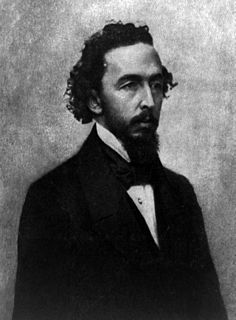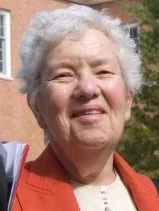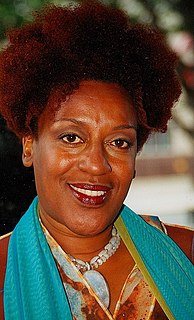A Quote by Bayard Taylor
Poetry had great powers over me from my childhood, and today the poems live in my memory which I read at the age of 7 or 8 years and which drove me to desperate attempts at imitation.
Related Quotes
If I'm still wistful about On the Road, I look on the rest of the Kerouac oeuvre--the poems, the poems!--in horror. Read Satori in Paris lately? But if I had never read Jack Kerouac's horrendous poems, I never would have had the guts to write horrendous poems myself. I never would have signed up for Mrs. Safford's poetry class the spring of junior year, which led me to poetry readings, which introduced me to bad red wine, and after that it's all just one big blurry condemned path to journalism and San Francisco.
Sometimes he would advise me to read poetry, and would send me in his letters quantities of verses and whole poems, which he wrote from memory. 'Read poetry,' he wrote: 'poetry makes men better.' How often, in my later life, I realized the truth of this remark of his! Read poetry: it makes men better.
Whoever lives for poetry must read everything. How often has the light of a new idea sprung for me from a simple brochure! When one allows himself to be animated by new images, he discovers iridescence in the images of old books. Poetic ages unite in a living memory. The new age awakens the old. The old age comes to live again in the new. Poetry is never as unified as when it diversifies.
I believe it's impossible to write good poetry without reading. Reading poetry goes straight to my psyche and makes me want to write. I meet the muse in the poems of others and invite her to my poems. I see over and over again, in different ways, what is possible, how the perimeters of poetry are expanding and making way for new forms.
If there is any realm where distinction is especially difficult, it is the realm of childhood memories, the realm of beloved images harbored in memory since childhood. These memories which live by the image and in virtue of the image become, at certain times of our lives and particularly during the quiet age, the origin and matter of a complex reverie: the memory dreams, and reverie remembers.
As for the differences between audio and the printed page, the sonic aspects of poetry are important to me. I read my poems aloud to myself as I'm composing them. And I enjoy reading to an audience. I think people get tone more easily when they hear a writer read her work. Some people have told me they hear more humor in my poems at a live reading than when they see them on the page. I think that may be a matter of pacing. On the other hand, I've listened to a lot of poetry readings and I know how much you can miss. If you stop to really register one line, you miss the next three or so.
My father left me with the feeling that I had to live for two people, and that if I did it well enough, somehow I could make up for the life he should have had. And his memory infused me, at a younger age than most, with a sense of my own mortality. The knowledge that I, too, could die young drove me both to try to drain the most out of every moment of life and to get on with the next big challenge. Even when I wasn't sure where I was going, I was always in a hurry.
































